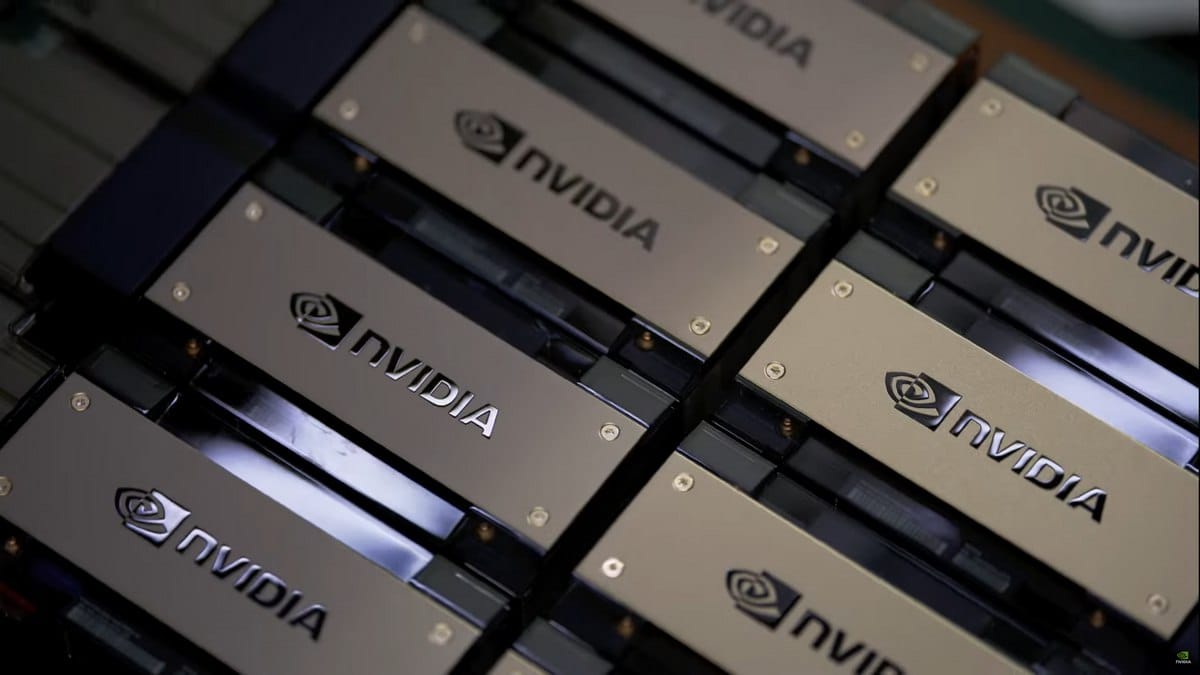Media Reports: U.S. Secretly Embedding Trackers in Shipments of Nvidia and AMD AI Chips

U.S. authorities are reportedly embedding covert tracking devices in shipments of advanced AI chips to detect and prevent their illegal diversion to China. According to Reuters, which cited anonymous sources, the tactic targets select hardware shipments from companies including Dell, Supermicro, Nvidia, and AMD.
The trackers are designed to identify cases where restricted components are rerouted to prohibited destinations, enabling U.S. officials to build legal cases against individuals or companies profiting from export control violations.
Sources told Reuters that U.S. law enforcement has used similar methods for decades to monitor controlled goods such as aviation components. In recent years, the practice has allegedly expanded to cover semiconductor trafficking.
Five people involved in the AI server supply chain said the “beacons” are typically hidden within shipments of server hardware from Dell, Supermicro, Nvidia, and AMD. While they are usually concealed inside packaging, it remains unclear who installs them or at which stage of the supply chain this occurs.
In one 2024 case, a shipment of Dell servers containing Nvidia chips reportedly had large tracking devices attached to shipping boxes, as well as smaller, concealed trackers embedded in packaging and even inside the servers themselves. Another source claimed to have seen images and videos showing chip suppliers removing such trackers—some as large as a smartphone—from Dell and Supermicro servers.
Agencies Involved
The operations reportedly involve multiple U.S. agencies:
- The Commerce Department’s Bureau of Industry and Security (overseeing exports)
- Homeland Security Investigations (HSI)
- The Federal Bureau of Investigation (FBI)
Reuters could not confirm how often these trackers are deployed or when the U.S. government began using them in semiconductor-related investigations.
Company Responses
- Supermicro: Declined to comment on “security methods and policies protecting global operations.”
- Dell: Stated it had no knowledge of a U.S. government initiative embedding trackers in its products.
- Nvidia: Denied installing secret tracking devices in its chips.
- AMD: Did not respond to requests for comment.
Broader Context – U.S.-China Tech Tensions
The revelations come amid escalating tensions between Washington and Beijing over advanced technology exports. In early August, China’s Cyberspace Administration (CAC) accused Nvidia of embedding “backdoors” and “kill switches” in its H20 AI chips — a downgraded model intended for the Chinese market to comply with U.S. export restrictions.
Nvidia strongly rejected the claims, insisting its chips contain no hidden remote-disable functions. David Reber, Nvidia’s Security Director, wrote in a blog post:
“Mandating hardware kill switches or remote controls would be a gift to hackers, undermining global digital infrastructure and trust in U.S. tech. Current laws wisely require fixing vulnerabilities — not creating new ones.”
Key Takeaways
- U.S. authorities are reportedly embedding trackers in some AI chip shipments to prevent diversion to China.
- Hardware from Dell, Supermicro, Nvidia, and AMD is allegedly involved.
- China has accused Nvidia of embedding spy features in H20 chips — claims Nvidia denies.
- The issue underscores growing U.S.-China tech tensions as export controls tighten.




